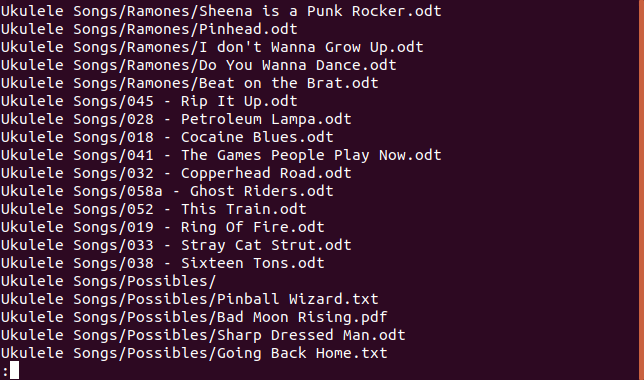

- Untar a tar gz file how to#
- Untar a tar gz file install#
- Untar a tar gz file archive#
- Untar a tar gz file download#
Heres my command in run.ps1 in Functions Set-Location D:homesitex 1.tar. tar.gz file uploaded to the Functions App but throws an for files stored in Blob container. $ for program in tar unzip untar do # You could simply add to this list. I tried to use 7zip in Functions Apps, which worked fine to extract a test. I have a tar file that contains two files. You could use variants of this for loop, if you like adventure :-) tar file Then you tar xvf archive.tar to do the actual extraction Now if you have the GNU userspace (which is the case on most Linux distros, though might not apply on e.g.
Untar a tar gz file archive#
tar.gz are equivalent and both signify that a tar file. You first gunzip the archive to obtain a. On the panel on the right side of the screen, click ' Unzip to: ' and choose the location you would like to save your file to, for instance the desktop or an external hard drive. So, I would do something like this: gunzip followed by a. This will open up WinZip and display the file. Depending on OS, I've found it usually works better if you 'unzip' the file before 'untarring' it - instead of trying to do it all in one command. To extract the file to a specific directory, run. Find the tar gz file you would like to open on your computer and double-click on the file. Now to extract the file to the current directory, run the command. No need for third-party apps when RStudio has this built-inSUBSCRIBE & HIT THE.
Untar a tar gz file how to#
While you can find them written like a double extension (.tar.gz), the format can also be written as. In this video, I show you how to unzip a tar.gz file using R and RStudio.

These files are often referred to as tarballs. # In case of compressed files inside compressed files this will From the terminal, change to the directory where tar file is located. tar.gz file, it means that this is a file created using the Unix-based archival application tar and then compressed using gzip compression.
Untar a tar gz file install#
Click on the Extract option, and you’ll have a file that you can install on your computer. Files can be extracted using the -C flag with the specified folder path. Use a looping construct to decompress each file.ĭecompress all files in the current directory: $ for file in `ls -1` doĭecompress all archives in the current directory and any subdirectories (my personal favorite): $ for file in `find *` doĭecompress all archives recursively and do the same again for any remaining: # Make the above loop a function to be called more than once On the Share/Unzip tab, click on Extract and then select the tar.gz file you’d like to open. Tar utility also comes with a feature to extract tar files to a specific directory.

tar.gz file is located, cd /directorypath To extract the contents of the tar. Use bash and the utility find to output to the console a list of all contents from the present directory. How to Open or Untar a tar.gz file in Linux or Unix Open a terminal window ctrl+alt+t From the terminal, change directory to where your.
Untar a tar gz file download#
In python to uncompress a tar file, a solution is to use the tarfile module: import tarfile fname = "" if fname.endswith("tar.gz"): tar = tarfile.open(fname, "r:gz") tar.extractall() tar.close() elif fname.endswith("tar"): tar = tarfile.open(fname, "r:") tar.extractall() tar.close() A case studyįor a project (that can be found here on Github), I wanted to download a compressed file from an url address and uncompress it on my local machine using python:ĭownload the compressed file ('modis_c6_') from the following url address: import urllib.request url = '' downloaded_filename = 'modis_c6_' (url, downloaded_filename)Īnd uncompress it import tarfile fname = 'modis_c6_' if fname.endswith("tar.gz"): tar = tarfile.open(fname, "r:gz") tar.extractall() tar.close() References To gunzip and untar a file in a single step, use the followingnote that the z switch is the important one that tells tar to unzip it. Let's consider a compressed file called for example.


 0 kommentar(er)
0 kommentar(er)
